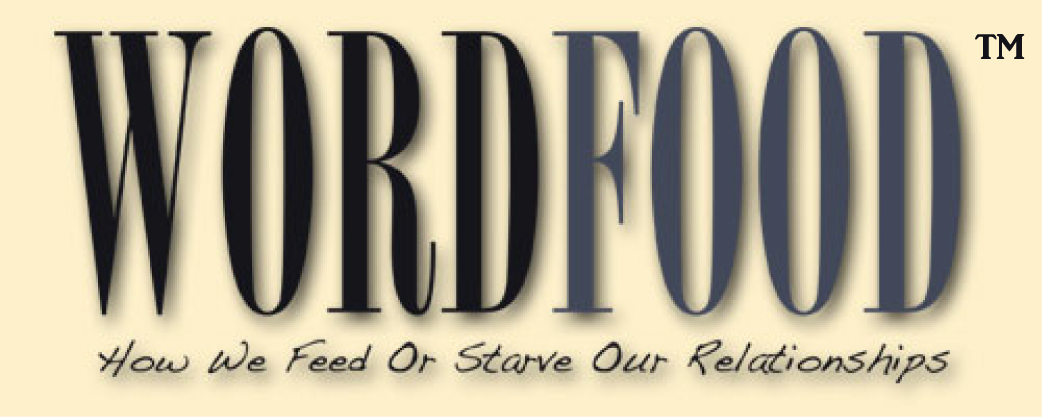Promises are tricky things. We make them when we’re in love. We promise the moon and the stars,we make impossible promises because we’re hopelessly crosseyed. We make promises at work and to our family members. Daily, mundane things like “Honey, I’ll get the dry cleaning,” or “I promise I’ll get that paper done by this afternoon.” We make them, most of the time, with the intention of keeping them, unless we are being manipulative, and there is a tacit understanding on the other person’s part that the promise will be kept.
A promise is a pact. It involves trust. I will do this, and the other person believes that it will be done. When it isn’t, and there isn’t a good explanation, then something happens. A little trust is lost. Where there is a valid explanation, no harm done. Where there is a a string of broken promises, trust is also broken, so ultimately a promise from this source has little meaning.
A promise begins as WordFood to ourselves, something that we have committed to inside from a place of integrity. Most of us have a pretty strong sense of ourselves as good people, so when we make a promise we mean to do something about it, and do our best to make that promise happen. Where there are significant emotional ties it becomes even more important. A promise to protect our country, for example. A promise to have and to hold for life. A promise creates a relationship where there are expectations on both sides.
Nutritious WordFood supports our completion of our promises to others and doesn’t tolerate cheap excuses: “I forgot,” “I was too busy,” “It slipped my mind.” It places a demand on us to do what we said we would do, knowing that our personal integrity is on the line, and that someone or something is counting on us, and it matters. That feeling of knowing you can be counted upon for your word is important, something that defines your values.
There are times that people can’t or won’t keep promises because of conditions beyond their control. It doesn’t necessarily make them a bad person, but what it does require is a level of graciousness on our part to accept what we don’t know.
There is a person I’ve known for a number of years who repeatedly makes promises he doesn’t keep. Whether it’s to make a call, spend a weekend, be in closer touch, any one of a myriad of commitments that have never come about. Recently he offered to call at night over the course of three days. Despite the track history, I kept my phone close, because this particular conversation meant a lot to me. Of course, he didn’t call, and it hurt. His behavior was no different from the previous years, I has simply hoped for more.
I could choose to be furious or hurt, or realize that there are things going on in this person’s life that are beyond my understanding. Toxic thoughts about how he’s a jerk and doesn’t care jump to the forefront, but I know them not to be true. We don’t know what we don’t know. What’s probably closer to the truth is that my friend, like many of us, makes promises he cannot keep, and shouldn’t make in the first place. This causes pain, erodes trust, and makes any kind of deep understanding more challenging.
It’s wise to promise what is reasonable. And when we cannot perform, we inform. This is nutritious WordFood. Life is full of promise and promises- and we are guaranteed nothing at all except the opportunity have experiences. If we can keep the promises we make to ourselves first then we can best be counted on to keep our promises to others.

